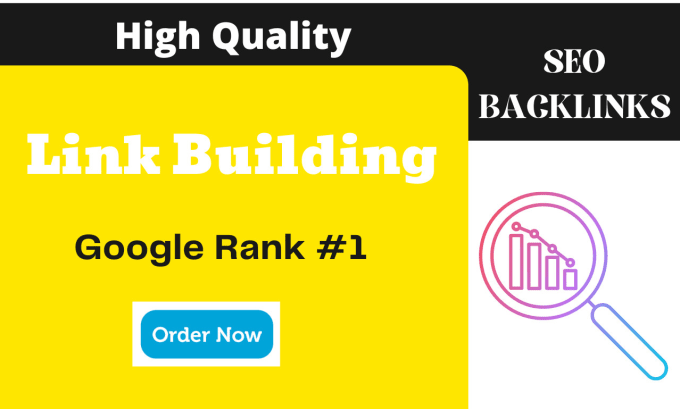This is the second instalment of a three-part series where we break down the best way to create a promotional blog (or series of blogs) for your event. Long established as an engaging and effective form of content marketing, blogs allow for information sharing and story-telling. Make sure that you are equipped with the best blog strategy before you start the journey towards hitting PUBLISH!
Part 3: Pressing publish
A blog is a great way to tell your story, build a following, and market your event. Not only that, an effective blog complements your website and fuels your social media output. We have already looked at the kind of content you can post and how to define your voice, now – in part three – it’s time to turn your attention to the publishing process.
Don’t let all your great work so far go to waste. A hard-to-navigate blog and posts that look unformatted and unstructured are huge turn-offs. Just think of how many times you have clicked off a site because it wasn’t user-friendly. Don’t let this happen to your blog.
Here’s how to pick a platform that works for your event, attract readers to your content through SEO, and identify what kind of posts are working well.
What platform is best to use?
Think about how you want to use your blog and compare the various platforms available to find the one that works best for you. Many are free, or available for a small subscription fee, and come with professionally designed templates and media libraries capable of storing lots of images and videos. For example:
– WordPress can sync with your Eventbrite page allowing you to create a consistent look and feel between the two
– Blogger is owned by Google and can be a great way to use Adsense to promote your blog
– Tumblr is great for a short-form microblog if you primarily want to share videos, images, and audio files
How will people find my blog?
You’ve built your business blog, but will the readers come? When you start off it can feel like you are posting into the void, but there are a few digital hacks to help people find you.
For starters, optimising each page for SEO will ensure your site appears higher up in search engine results. This means identifying the keywords and phrases that your potential attendees search for and using them in SEO areas such as the page title and URL, section heads and subheads, body content, image ‘alt’ text, and meta description.
The more specific you can be the better, for example – Google serves up more than 32 million results for ‘food festival’. Adding location, date and an area of specialisation – food festival Manchester 2018 vegan – dramatically reduces the competition. And the more frequently you blog the better, each SEO optimised page increases your site’s chances of being picked up by search engines.
…and how do I keep their interest?
Not only can social media help people find your blog, it can also keep them coming back for more. First, amplify your content by sharing snippets and images on the social platforms that resonate with your target audience. Second, end your blogs with a call to action to follow your event or organisation on social media – followers will see when you share a new post and you’ll have a place where you can start to interact with them.
In addition, adding internal or ‘sticky’ links to your blog posts – for example, directing them to related content in the body copy or with further reading modules throughout the site – can boost the number of pages viewed by each visitor.
Finally, and it’s a no-brainer, make sure your site looks good. This means adding formatting notes to your style guide – like using the same font and size, justifying images and text the same way in every post, and increasing readability by using short paragraphs broken up with subheads.
How will I know it’s working?
The dashboard of most blogging platforms will reveal which posts are getting the most hits, how people are finding your site, and where your readers are based. Use this information to inform future posts – for example, if certain topics or styles of posts are performing particularly well then you know you are onto a winner. For extra insight, it’s worth getting to grips with Google Analytics.
From the initial idea to a published post, our Eventbrite blog walks event organisers through the online marketing process. Check out the homepage for more ways to promote your next event in the digital space.





